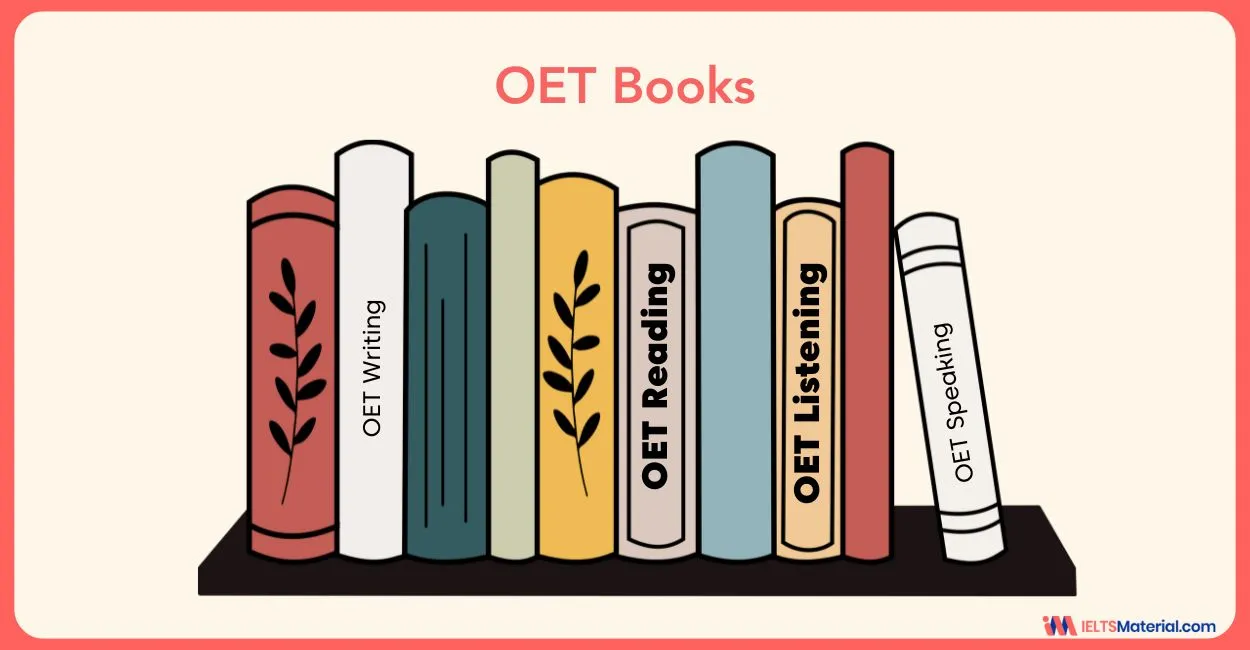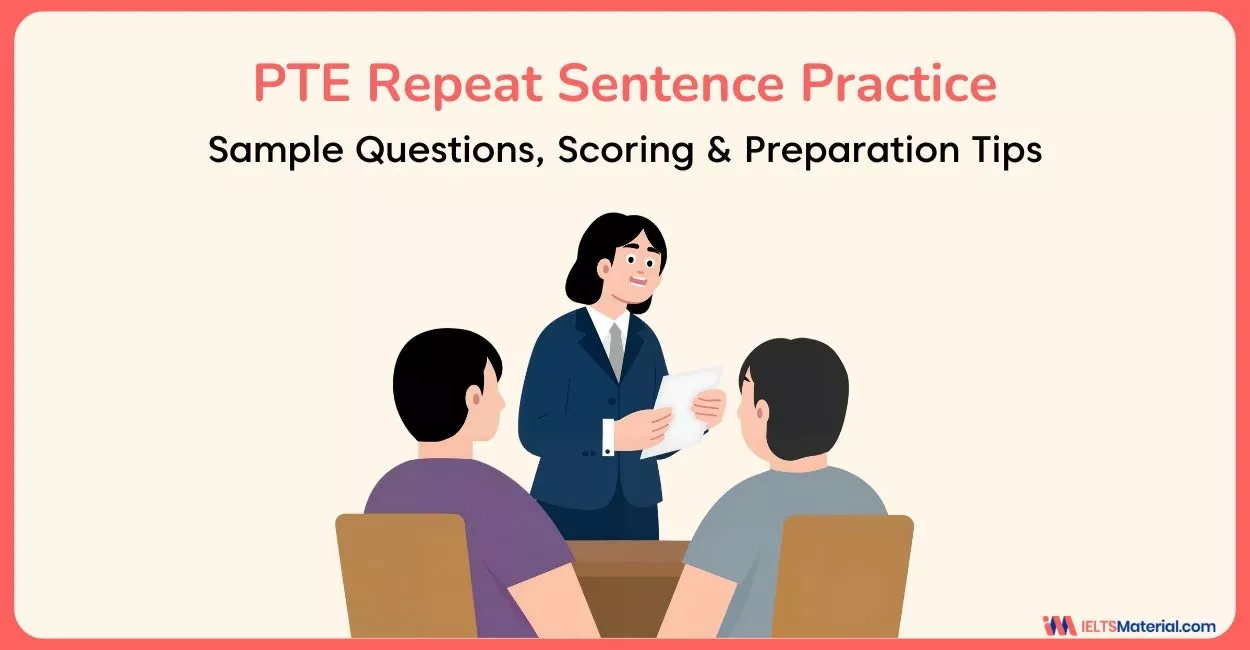Practical Tips on How to Improve Vocabulary for the IELTS Exam
Looking to boost your IELTS vocabulary? Explore the top practical tips to expand your word bank and learn how to improve your vocabulary for the IELTS exam with our easy-to-follow vocabulary guide, perfect for building strong, exam-ready language skills.
Table of Contents

Try AI Essay Checker for Instant Band Score
The IELTS exam is a challenging test of English language proficiency. Vocabulary is one of the key components of the IELTS exam, as it plays a vital role in determining your overall score. Having a strong English vocabulary is key to your success on the IELTS exam.
In fact, vocabulary makes up 25% of your score in the writing and speaking sections, and it also plays a big role in the listening and reading sections. Therefore, it is essential to expand and strengthen your vocabulary if you want to excel in these aspects.
In this blog, we will explore practical tips and strategies that will help you build an extensive repertoire of vocabulary words for the IELTS exam. Let’s get started!
IELTS Vocabulary: How Important Is It?
A strong IELTS vocabulary is vital for understanding reading passages, listening audio, writing coherent essays, and fluent speaking. Here are a few reasons why vocabulary words for IELTS are so important:
- Accurate and precise expression:
-
- Choose appropriate words to convey meaning
- Essential for effective communication in speaking and writing sections
- Better understanding of texts:
-
- IELTS Listening and IELTS Reading sections have diverse vocabulary
- Lack of word knowledge leads to difficulty in understanding passages
- Vocabulary impact on IELTS scores:
-
- IELTS Speaking and writing sections evaluate fluency, coherence, and vocabulary
- Good vocabulary improves fluency and coherence
- Higher scores achievable in the exam with improved vocabulary skills.
Don't wait any longer! Sign up to start your journey to a high IELTS band score today.
Practical Tips to Build Vocabulary for the IELTS Exam
One of the most important factors in achieving a high IELTS score is having a strong vocabulary. In this guide, we will discuss some practical tips on how to build your IELTS vocabulary.
1 Start with the Basics
Before diving into advanced vocabulary words for IELTS, build a strong foundation in the basics. Start by mastering common English vocabulary words, using resources like lists, flashcards, and online games.
The advanced vocabulary word list for IELTS is used frequently, so you’re likely to encounter them in almost any text you read or listen to. Once you’ve learned these words, you can start to focus on learning more advanced vocabulary.
Here is a table of the most common vocabulary words for IELTS, divided into adjectives, adverbs, nouns, and verbs:
| Part of Speech | Words |
|---|---|
| Adjectives | important, necessary, significant, relevant, appropriate, accurate, clear, complete, correct, effective, efficient, essential, excellent, famous, important, interesting, major, necessary, new |
| Adverbs | actually, again, always, clearly, consequently, definitely, eventually, finally, frequently, generally, however, immediately, indeed, later, mainly, normally, often, occasionally, originally, particularly, probably, rarely, recently, sometimes, still, subsequently, usually, very |
| Nouns | ability, advantage, argument, aspect, basis, benefit, chapter, choice, conclusion, condition, concept, contrast, difference, difficulty, example, fact, idea, importance, information, issue, knowledge, level, method, problem, result, situation, solution, statement, strategy, term, theory, topic, understanding, value, view |
| Verbs | accept, achieve, act, add, agree, analyze, argue, ask, assess, assume, believe, consider, conclude, continue, decide, define, describe, discuss, discover, do, draw, explain, express, find, happen, help, inform, involve, join, know, learn, listen, look, make, mean, mention, need, observe, say, see, select, seem, show, solve, speak, state, study, suggest, take, think, understand, use, view, want, write |
2 Read Extensively
Reading diverse materials like books, newspapers, and online articles is an excellent method to acquire vocabulary words for IELTS and enhance comprehension skills. Make it a habit to identify unfamiliar words and understand their meanings while reading.
Here’s what you can do:
- Keep a vocabulary journal to record new words along with their definitions, synonyms, and example sentences. Review these regularly to reinforce your learning.
- Use dictionary apps and browser extensions to look up unfamiliar words as they provide pronunciation guides, synonyms, and additional examples that will further expand your understanding.
3 Learn Vocabulary in Context
One of the best ways to learn vocabulary words for IELTS is by understanding them in context. It involves learning words as you would encounter them in real-life situations. For example, you might learn the word “to commute” by reading a passage about someone who commutes to work.
When you learn vocabulary in context, you’re not just learning the meaning of the word. You’re also learning how the word is used in a sentence.
Also Read: Vocabulary for Top 9 Most Common Topics in IELTS Subject Exam
4 Use a Variety of Resources
There are many different useful resources & websites for IELTS vocabulary available to help you build vocabulary words for the IELTS. You can use textbooks, online courses, vocabulary apps, and even movies and TV shows. The best way to find the right resources for you is to experiment and see what works best.
Some of the most popular vocabulary resources for the IELTS include:
- The Cambridge English Vocabulary for IELTS book
- The IELTS Vocabulary Builder app
- The IELTS Vocabulary in Use series of books
- The IELTS Vocabulary Trainer website
- WordHippo
5 Use Flashcards and Mnemonics
Flashcards and mnemonics aid in retaining vocabulary words for IELTS. Create cards with words on one side and definitions/examples on the other. Regularly review to reinforce memory. Utilize mnemonics for to learn academic words that will help you score IELTS band 9. Maximize these techniques with these tips:
- Categorize Words: Group vocabulary based on themes to enhance organization and understanding. For example, create separate flashcards for technology, education, or the environment.
- Visualize and Associate: Form mental images or associations with words to aid memory. For example, visualize a mysterious puzzle for “enigmatic” to remember its meaning.
- Mnemonic Devices: Develop acronyms, rhymes, or memorable sentences to connect new vocabulary with familiar concepts. For instance, create a sentence like “People Usually Love Cute, Happy, Radiant, and Intelligent Things Under the Sun” to remember “pulchritudinous” (beautiful).
6 Practice Regularly
To master vocabulary words for IELTS, practice regularly. Use them in conversations and writing to become familiar and remember them easily. Keep a vocabulary notebook, noting words, definitions, and examples. Review and track your progress. Play vocabulary games online or through apps for interactive learning and practice.
Consistent review is crucial for long-term retention of vocabulary. So, you must set aside dedicated time for periodic revision to reinforce what you have learned.
Join IELTS online classes and get the edge you need to succeed.
List of Resources to Improve Your Vocabulary for IELTS
IELTS is not limited to vocabulary in the speaking and writing modules. Therefore, we have curated a list of resources to improve your vocabulary for IELTS that will prepare you for a Band 9 in lexical resources.
- Top 11 IELTS Vocabulary Books
- 1200 Common Words in IELTS Listening
- Latest IELTS Speaking Vocabulary to Boost Your Score: Topic-Wise
- Connectors & Linking Words for IELTS Writing Task 2
- IELTS General Writing Task 1 Linking Structures
- 25 Common Idioms in IELTS Speaking
- 75+ Common English Words Used in IELTS Speaking Test
- Linking Words for IELTS Speaking Section
- The Best Phrases to Use in IELTS Speaking
Discover our comprehensive ebook, Vocabulary for IELTS by IELTSMaterial – the perfect resource for you! Packed with essential words, definitions, examples, and exercises, it’s your secret weapon to conquer the IELTS exam effortlessly. Boost your writing, speaking, and overall performance. Get it now for desired band scores!
To wrap it up, building a strong vocabulary is essential for achieving success in the IELTS exam. By implementing the practical tips outlined in this blog, you can enhance your vocabulary words for IELTS. Remember to start with basics, read extensively, learn vocabulary in context, use flashcards and mnemonics, use a variety of resources, and practice regularly. Stay consistent and dedicated, and you’ll be well-prepared to tackle the vocabulary-related challenges of the IELTS exam.
Useful Links
Frequently Asked Questions
How important is vocabulary for the IELTS exam?
What is the best way to remember and retain new vocabulary words?
Are there any specific resources or tools that can help in building vocabulary for the IELTS exam?
How can I incorporate new vocabulary words into my writing practice?
How frequently should I review and revise my vocabulary for the IELTS exam?
Practice IELTS Writing Task 1 based on report types

Start Preparing for IELTS: Get Your 10-Day Study Plan Today!
Explore other IELTS Articles

Haniya Yashfeen

Kasturika Samanta
Recent Articles

Nehasri Ravishenbagam

Nehasri Ravishenbagam

Kasturika Samanta







Post your Comments